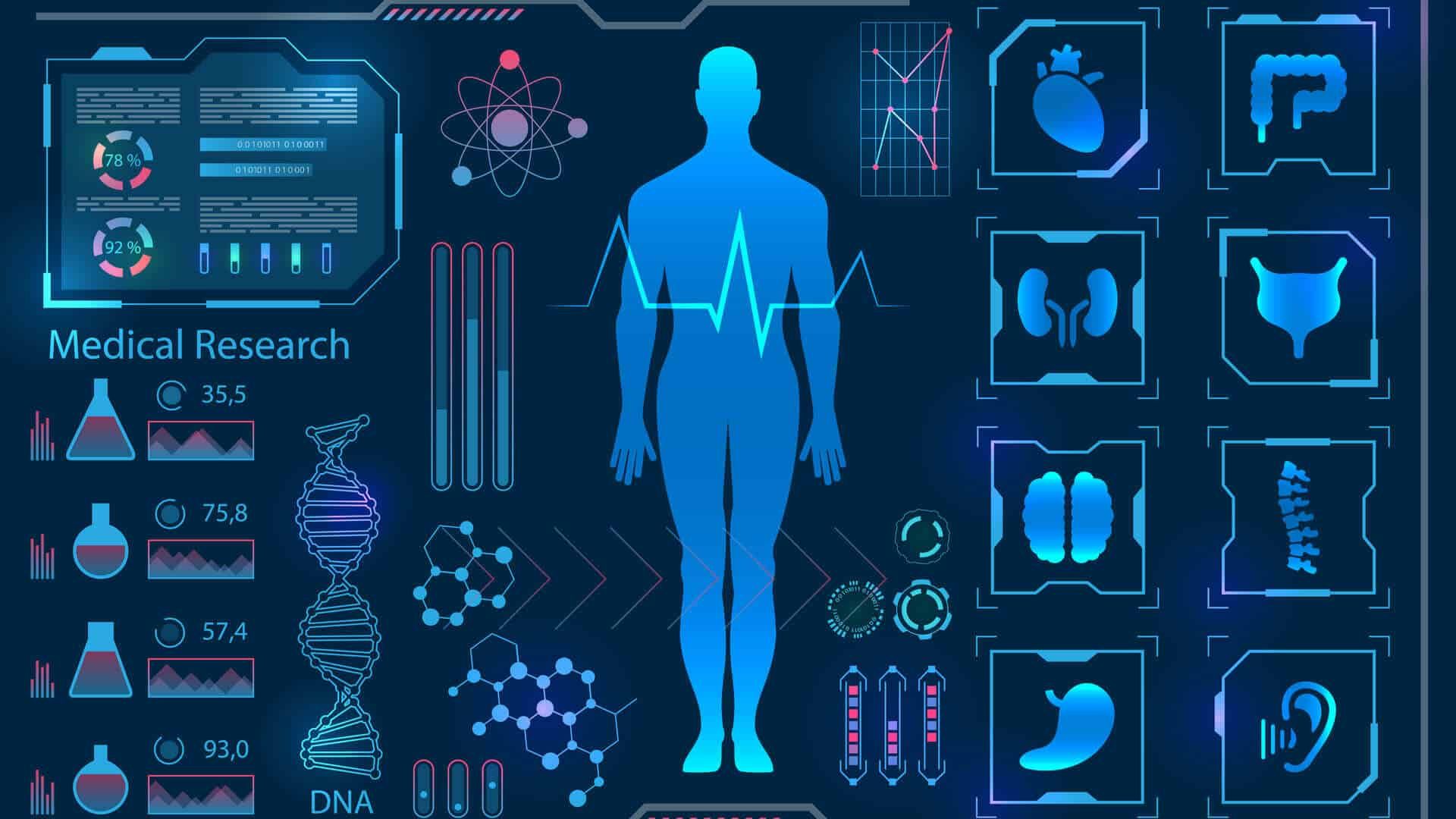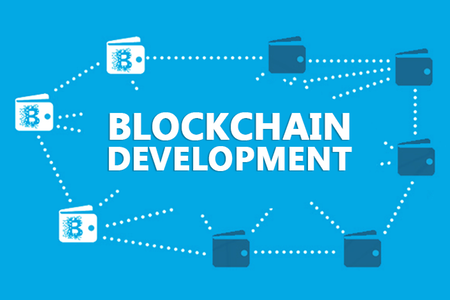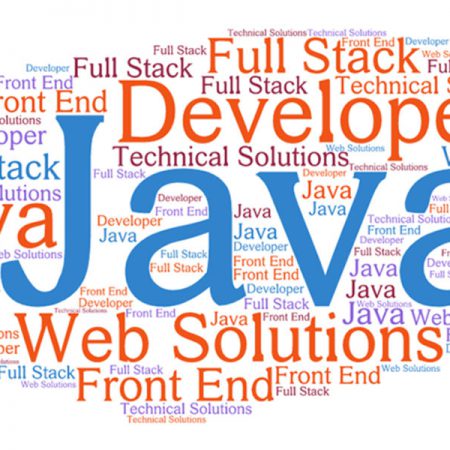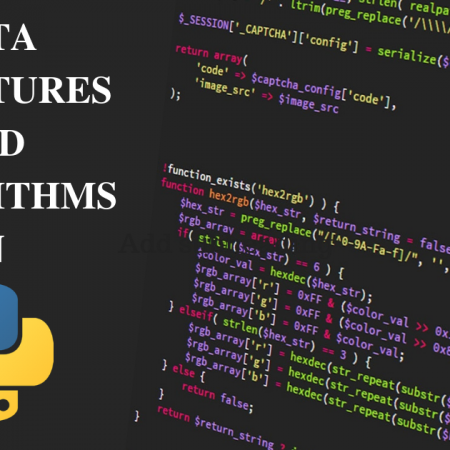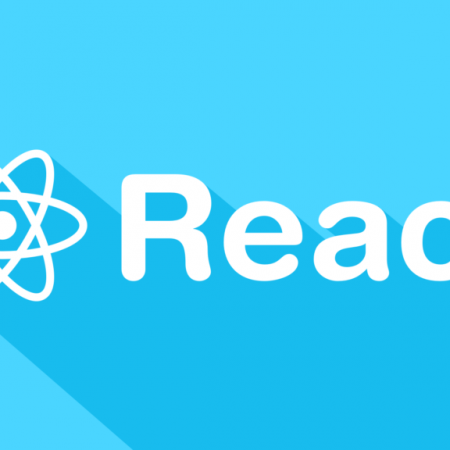Level
Advanced
Prerequisites
To be best prepared to succeed in this program, students should be able to:
Intermediate Python:
Read, understand, and write code in Python, including language constructs such as functions and classes.
Read code using vectorized operations with the NumPy library.
Machine Learning:
Build a machine learning model for a supervised learning problem and understand basic methods to represent categorical and numerical features as inputs for this model.
Perform simple machine learning tasks, such as classification and regression, from a set of features.
Apply basic knowledge of Python data and machine learning frameworks (Pandas, NumPy, TensorFlow, PyTorch) to manipulate and clean data for consumption by different estimators/algorithms (e.g. CNNs, RNNs, tree-based models).
Course Duration
4 months
Udacity current price ( USD)
1356
Reseller price (USD)
1000
Career Focus
If you are interested in applying your data science and machine learning experience in the healthcare industry, then this program is right for you.
Additional job titles and backgrounds that could be helpful include Data Scientist, Machine Learning Engineer, AI Specialist, Deep Learning Research Engineer, and AI Scientist. This program is also a good fit for Researchers, Scientists, and Engineers who want to make an impact in the medical field.
Target Audience
This program will help you apply your Data Science and Machine Learning expertise in roles including Physician Data Scientist; Healthcare Data Scientist; Healthcare Data Scientist, Machine Learning; Healthcare Machine Learning Engineer, Research Scientist, Machine Learning, and more roles in the healthcare and health tech industries that necessitate knowledge of AI and machine learning techniques.
General Curriculum)
Learn to build, evaluate, and integrate predictive models that have the power to transform patient outcomes. Begin by classifying and segmenting 2D and 3D medical images to augment diagnosis and then move on to modeling patient outcomes with electronic health records to optimize clinical trial testing decisions. Finally, build an algorithm that uses data collected from wearable devices to estimate the wearer’s pulse rate in the presence of motion.
Why Take This ND?
Artificial Intelligence has revolutionized many industries in the past decade, and healthcare is no exception. In fact, the amount of data in healthcare has grown 20x in the past 7 years, causing an expected surge in the Healthcare AI market from $2.1 to $36.1 billion by 2025 at an annual growth rate of 50.4%. AI in Healthcare is transforming the way patient care is delivered, and is impacting all aspects of the medical industry, including early detection, more accurate diagnosis, advanced treatment, health monitoring, robotics, training, research and much more.
By leveraging the power of AI, providers can deploy more precise, efficient, and impactful interventions at exactly the right moment in a patient’s care. In light of the worldwide COVID-19 pandemic, there has never been a better time to understand the possibilities of artificial intelligence within the healthcare industry and learn how you can make an impact to better the world’s healthcare infrastructure.
Skill Covered
Artificial Intelligence, 2D Medical Imaging, 3D Medical Imaging, Electronic Health Record Data, Wearable Device Data, Supervised Learning
Tools
- For this Nanodegree program, you will need a desktop or laptop computer running recent versions of Windows, Mac OS X, or Linux and an unmetered broadband Internet connection. For an ideal learning experience, a computer with Mac or Linux OS is recommended.
- You will use Python, PyTorch, TensorFlow, and Aequitas in this Nanodegree program.
Projects
-
- Pneumonia Detection from Chest X-Rays
- Hippocampus Volume Quantification for Alzheimer’s Progression
- Patient Selection for Diabetes Drug Testing
- Motion Compensated Pulse Rate Estimation
Syllabus
Resources (blog posts, other)
Course Features
- Lectures 0
- Quizzes 0
- Duration 4 months
- Skill level All levels
- Language English
- Students 20
- Assessments Yes

